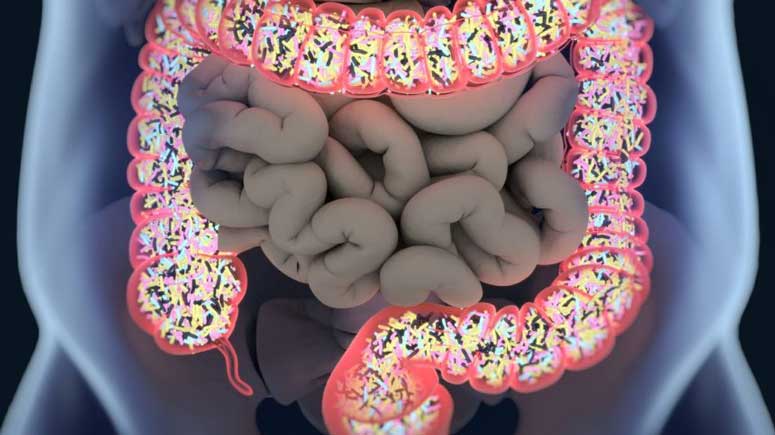Overview

Clostridium difficile colitis, also known as pseudomembranous colitis is the swelling [1] of the colon triggered by a bacterial infection. The C. Diff bacterium is allowed to develop when there’s a disruption in the number of good bacteria in the colon. Persons who are taking antibiotics to treat a previous infection are most susceptible to the C. Diff bacterium. This infection is contagious and can be transferred from person to person by spores. The spores [2] are excreted from the body of the infected person through stools and can be transferred to surfaces, foods, and objects. A weak immune system that comes in contact with the spores is likely to get infected. Patients can experience different degrees of symptoms ranging from mild to severe. It can also cause significant damage to the colon that can reduce the quality of life.
This condition cannot be self-diagnosed, so you must visit your doctor to get a proper medical diagnosis. Laboratory tests or imaging will be conducted and you will be informed about the various treatment options by the health expert. Symptoms [3] often rarely last over a long period, so it resolves within a few days or weeks. Common symptoms [4] of the CDI include diarrhea, abdominal pain, nausea, and fever. You at significant risk of getting infected if you live with someone that has the infection because the spores causing CDI can stay active for up to weeks or months in a room. It is a contagious infection that can spread simply by touching a contaminated surface or object and transferred into the body system by ingesting the bacteria.
Here are six treatment [5] methods to improve symptoms of Clostridium difficile colitis CDI:













